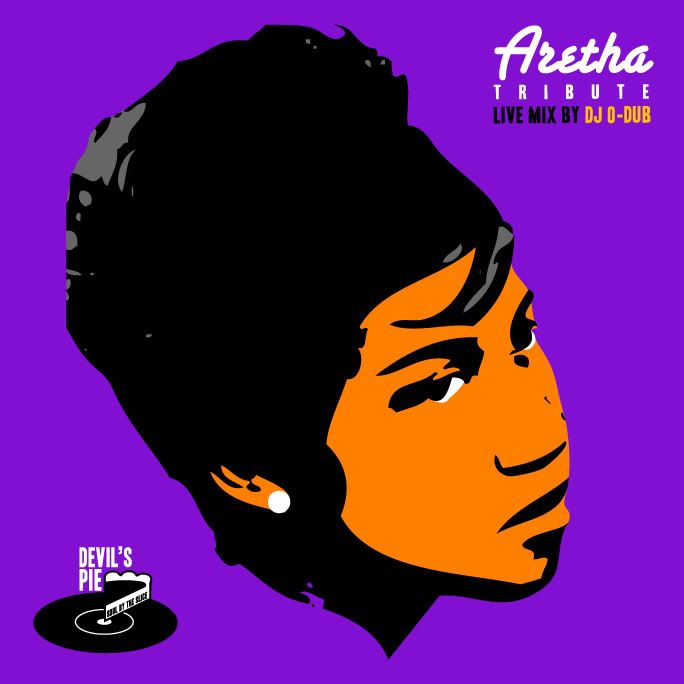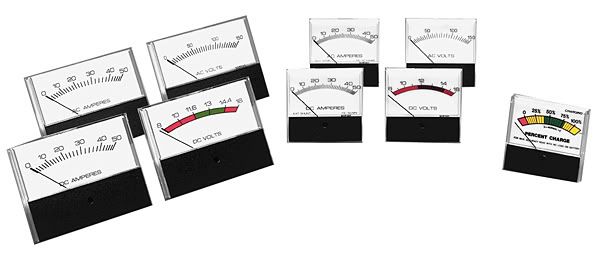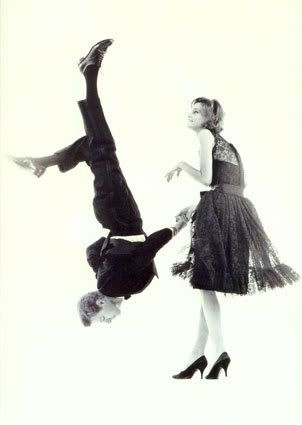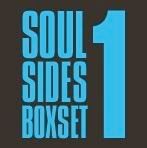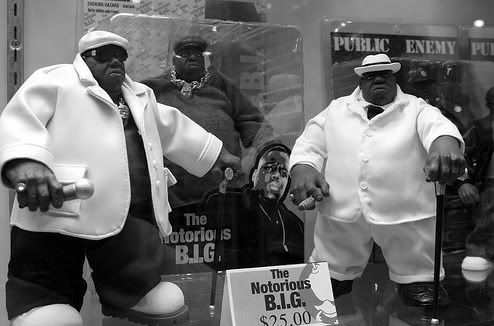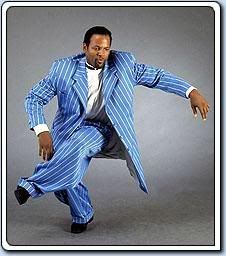 Johnny Frigo: Do Whatever Sets You Free
Johnny Frigo: Do Whatever Sets You Free
From Collected Works (Ubiquity, 2002)
Luigi: Kick & Luigi Strut
From Jazz Class With Luigi (Hoctor, 196/7?)
Artist Unknown: Scorpio
From 7" (Hoctor, 197?)
Artist Unknown: Swahili Boogie
From Dance Bandstand (Statler, 197?)Dance instruction records are like the poor man's
library records (except that some of them are not that cheap) but they share some important similarities. For one, they were targeted at a specialized audience and though some dance records might have been sold to the general public, most of them were marketed directly to dance schools and teachers.
Also, many were recorded by anonymous (or minimally credited) studio players and though it probably wasn't a huge prestige gig, as with library records, there was a good deal of latitude given to the bands to whip out whatever they wanted. Since these weren't for pop music play (and few featured lyrics), you'd imagine the recording dates had a jam session vibe to them and especially since they were made for dance, it was all about the rhythm section letting loose. That's not to say all dance instruction records were informal or thrown together. Indeed, many had very specific themes, though less driven by musical conceits and more by the kind of dance exercises or activities they were meant to score.
The result is that dance instruction records, especially from the 1970s, are a good source for funky instrumental tracks from off-the-beaten-path. I'm, by no means, an ardent collector of them though I'm always happy to add another title to the library given their quirky nature.
The best known artist has been Chicago's
Johnny Frigo who worked on a modest handful of albums with dance teacher
Gus Giordano for the Orion label. The Frigo/Giordano albums are notoriously expensive (especially compared to other dance labels) but you're paying for the quality and not just scarce quantity. Luckily, Ubiquity compiled most of the best Frigo/Giordano songs on a single anthology a few years back (our friends Egon and Cool Chris worked on that project). Frigo's work is also, in my opinion, the least obviously "instructional," and stand, quite well, on their own as soul-jazz compositions regardless of what their ostensible purpose was.
The best known label - amongst record nerds - is
Hoctor which has, and continues to, released hundreds of dance instruction albums over the decades. Hoctor LPs are, in my experience, the most likely to turn up of all the major dance labels but that doesn't mean all their titles are equally easy to find. There's a few titles that can easily run $100+ on the private market and in my opinion, the cost is justified. However, that doesn't mean all Hoctor titles are worth the trouble; though for many of their 1970s titles, you could often tell from the album cover or tracklisting if you held genuine gold or vinyl coal.
Jazz Class With Luigi is the most common funky Hoctor title I've seen in the field and I'm assuming it's because it was pressed up in higher numbers than other titles.
Luigi is a dance instructor of considerable note (Janet Pidoux whose song appears later in the playlist trained with him, for example) and for this album at least, his conception of jazz dance centered on any number of surprisingly funk backbeats to drive the rhythm section. That band, by the way, is the Stan Rubin Orchestra and bow down to a female drummer - Julie Epstein - who anchors those beats.
As suggested, the Hoctor catalog runs deep; the songs I chose barely skim the surface and I'm holding back on some of the heaviest titles but definitely look for Byron Peterson's
Jazz Rock USA and any of the Robin Hoctor LPs from the era (I know of at least two). You could do very well by just their 7" releases alone. They have one of my favorite covers of "Cissy Strut" ever and this included version of Dennis Coffey's "Scorpio" does a solid job on covering the b-boy classic (Frigo does a killer version of the song as well). I'm not sure if this appears on a Hoctor LP or is a 7" only single. If anyone knows what LP this or "Cissy Strut" appears on, let me know? Not sure which band is playing on here either - it's not credited.
Statler, like Hoctor, produced dozens (if not hundreds) of dance instruction albums as well though, in my experience, their distribution was notably smaller and it's much harder to find their titles in an ordinary record store. I've also found that Statler is much less reliable for funky tunes but it could just be that the albums I've heard have been the weaker out of the catalog.
Frank Hatchett has a series of Afro-Cuban-driven Statler titles which I think could be promising but his
Soul Jazz album - despite appearing like it'd be killer - is marred by bad rock guitar that ruins the otherwise excellent percussion work. "Swahili Boogie" comes off a more recent addition, out of stack of Statler titles my friend came upon. My copy of the LP didn't have the actual cover so I don't know who the players on this album are which is a shame because the percussionist is killing it on here.
Part 2 in this series nods to some kids' dance music plus a few examples of dance instruction tunes from outside the U.S.
Labels: jazz, samples, soul/funk








